
A group of people involved in radical action around the environment and other social struggles who have been involved with and been affected by recent exposes of infiltrators have come together to create a joint statement on how the issue has evolved and been represented in the media.
We are issuing this statement in solidarity with all those, in the UK and beyond, who are facing charges or have been affected in any way by the work of the undercover agents recently discovered.
We are a diverse group of individuals who have been involved in radical action, including actions based around the environment, for close to 20 years. This has included organising the Stirling Eco-village, the Camp for Climate Action, Earth First! Gatherings, anti-GM decontaminations, as well as many other forms of social struggle. We have been up trees, down tunnels and on the front line. We have taken beatings from the police and received convictions for the pleasure, and we make no apologies for our belief in direct political action.
The media frenzy that followed the collapse of the second Ratcliffe trial was met with an equally frenetic flood of articles and comments in the alternative media. Many of these were infuriating and/or very depressing, particularly as all the anti-media comments posted on Indymedia seemed to conveniently forget the fact that the site was one of the main sources of information used by the journalists covering the story.
It is difficult to convey what we feel without falling into the same contradiction. Many of us who were very close to the situation wished to remain anonymous and refused to join in the flood of opinions and speculations. This was an attempt to avoid or at least not to feed into the media (and Indymedia) craze. This refusal to take a public position seems to have been interpreted as acceptance or even active participation in the media strategy.
Historically we have always tried to rise above the ‘society of the spectacle’ and it is has proven to be an important strength. We hope that comrades in other countries can comprehend the complexity of networks and political positions within the UK, and understand that the very public position taken by a few individuals in no way represents us all.
The environmental movement is not the only network affected by the recent exposures. We are all involved in different struggles beyond environmental concerns. Many movements, from animal rights, to migrant solidarity struggles have been targeted. Marco Jacobs was connected to the No Borders network, Lynn Watson to the peace movement. Mark Kennedy began to make connections to the animal rights movement, and had a ongoing interest in anti-capitalist struggles within the UK and across Europe. These are just some examples.
Despite this diversity, there is a tendency to refer to ‘the Movement’ without distinguishing that there is a broad range of social struggles taking place in the UK and elsewhere. These struggles often overlap, as is the case with our own activism. It is a mistake to suppose that the environmental movement is capable of representing all of the other social movements that have been targeted by the police in this case, and there has been little recognition of this by the people dealing with the media. This has shown not only a lack of solidarity with these struggles, but has explicitly played into the rhetoric of ‘good’ and ‘bad’ protesters.
Now that the sensation seems to have died down, we are making this statement in the hope that it will undo some of the damage that has been done.
How the ecological movement is being portrayed in the mainstream media
We feel that self-selecting individuals and groups have gone to the media with a strategy that presents a movement of gormless idiots, that is totally ineffective and of no threat to the State, in order to argue that the placement of undercover officers is ‘unjustifiable’ and ‘over-policing’. This is a very dangerous position to take as it facilitates the repression of those who are being identified as a genuine threat. Regardless of the intention behind them, the statements that have been made in the mainstream press appeal to a narrow sector of middle-class, left-wing liberals. Downplaying our radical tendencies is not a way of broadening the appeal of radical environmental demands. If anything, the very opposite is true, as anyone who has done stalls in the street is able to tell you.
We are angry at the way the movement we have been so involved in has been portrayed, with such a profound lack of basic political understanding. We want to be clear we that are not trying to make things ‘a little bit nicer’ or tweak the system, we are challenging capitalism and the dominant ideology as being responsible for the ecological destruction of the planet. The very nature of what we aim for is in direct opposition to the system, and it is therefore no great surprise that the State and corporations target us. The more economic damage that is done, or the more successfully the dominant paradigm is challenged, the more inevitable infiltration becomes.
As anarchists, we believe in solidarity, and autonomy. When we take action, we do so because it is an appropriate response, a valid tactic. We reject, therefore, the way in which several individuals have presented their ‘story’, in connection with infiltrators, as having been persuaded to act by them.
State informers have been used for hundreds, or even thousands of years. We have been dealing with and exposing police and informers as long as our movements have existed. Our aims are radical, and repression from the powers-that-be has always been expected and dealt with. We object to the way history is being re-written.
Relationship with the mainstream media
We are concerned that the relationship with the media is coming to define the eco-defence movement and its actions. It is clear that the media has been given preferential treatment on access to materials and this is breeding distrust (as clearly demonstrated in recent clashes on Indymedia). We reject the notion that the likes of The Guardian and The Independent newspapers can ever be part of the solution to the problems we face.
Our story is strong enough that we will get the media attention regardless. We do not have to change who we are to satisfy the wishes of these for-profit companies and their advertising agendas. High profile liberal journalists are not our natural leaders or spokespeople. While the media is (at times) an important tool for activism, pandering to it is a dangerous spiral to ineffectiveness, damaging the integrity of the movement in the long term for shallow, short-term goals.
Relationship with the police and the State
The tone of many of the statements made to the press implied the need for ‘reforms’ or better regulations for undercover policing. We would like to stress that we do not want ‘better’ or ‘more ethical’ police infiltration.
Some groups and individuals have used the mainstream press to call for police reform. However, in reality, the actual result is an ongoing consolidation of power within the Metropolitan Police who have taken control of the ‘domestic extremist’ units, including those which ran various of the infiltrators. The police exist to protect the State, private property and profits. To do this they use infiltrators and sleep with militants to get information. They also beat people in police cells, and frame people for crimes they didn’t commit, etc. etc. Superficial reforms will never change that. Even if a public relations battle has been won against the police and other infiltrators, they will no doubt regroup and continue their activities. Pretending that they can be reformed is not just dangerous but serves to legitimise their on-going existence.
The victories of our movement will not be won through The Guardian nor in the plush offices of civil liberty NGOs. They will be won on the streets, in our communities, in the fields and in the forests. The ecological defense movement and the other struggles we are involved in have grown strong because they have stepped outside the political campaigning/lobbying box and sought change from multiple directions, such as working directly with communities, taking direct action and causing economic sabotage. Today, lobbyists with very different agendas from our own, are using the space we forced open, and we should stop helping people co-opt our work.
“Those most affected”
The press and others have placed a morbid emphasis on sexual relationships in these cases. This totally ignores the complexity of human interpersonal relationships and the range of emotions and
experiences involved here. We have all had different kinds relationships with one or more of the undercovers recently exposed, and feel very uncomfortable by the assumptions made in statements and actions that took place in the wake of the media frenzy. Attempts by third parties to define the abuses of trust experienced by the people who were close to these infiltrators (often in the name of ‘solidarity’) have been extremely disempowering.
Unfortunately, some people (not just from the UK) have put pressure on people to act and to talk to the media without considering their own personal well being, and the impacts this could have on others. We call for practical solidarity through awareness; respecting everyone’s individual boundaries. We want to discourage people from talking publicly (or encouraging others to do so) about relationships (again, of any nature) without considering the wider implications for others who are also dealing with this. We request that people make no assumptions and only talk from their own experiences.
Moving on
This has been a difficult time, but it has also made us aware of how lucky we are to know so many people who continue to act with dignity and integrity, and to be part of networks of resistance which stretch across the globe. The process of the wave of exposures has revealed many false unities in respect to our politics. We call for solidarity and respect across networks, we need to consolidate our allegiances and to support each other. The State will continue to use surveillance and infiltration, and we hope that valuable lessons are learnt from this process, and not forgotten.
Notes
[1] This statement was put together through a collective process that involved approximately 15 people, the majority in the UK but a number across Europe as well. It includes people who were close to the exposing of various police infiltrators. The point of contact is dysophia@riseup.net – comments & feedback can be sent to this address.
[2] For more background on the story as it appeared in the Guardian see
http://www.guardian.co.uk/environment/mark-kennedy
http://www.guardian.co.uk/uk/surveillance
http://www.guardian.co.uk/environment/activism
[3] There are many threads on Indymedia relating to this, however, some key ‘debates’ are at
http://www.indymedia.org.uk/en/2010/10/466477.html
http://sheffield.indymedia.org.uk/2011/01/472102.html
http://www.indymedia.org.uk/en/2011/01/471865.html
[4] BBC coverage of Ratcliffe trial & interviews
http://www.youtube.com/watch?v=iDttEnl8r34&feature=related
http://www.youtube.com/watch?v=xsr-V5Bqt9E
http://www.bbc.co.uk/news/uk-12148753
This statement has also been published at
http://dysophia.wordpress.com/
Source: http://www.indymedia.org.uk/en/2011/03/474961.html







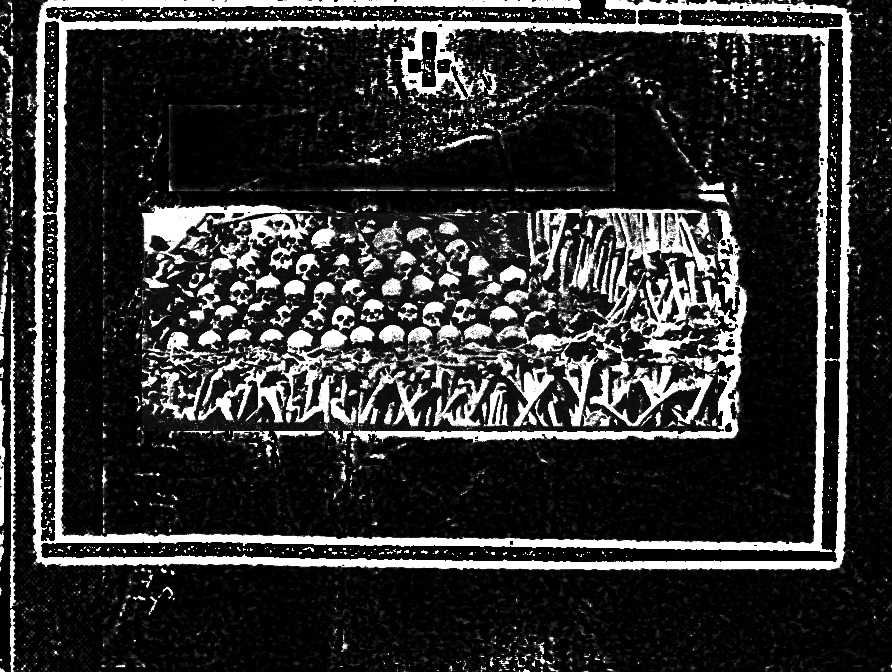
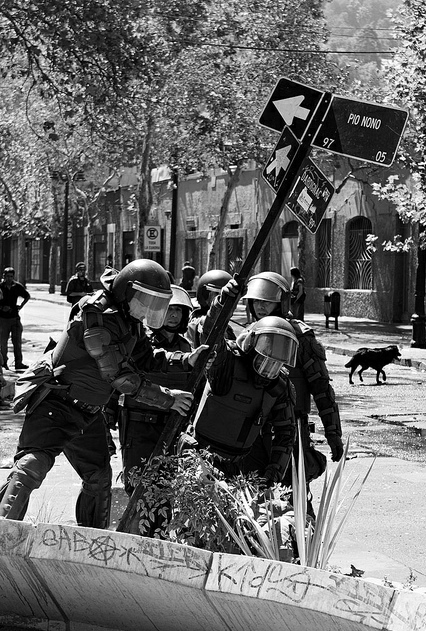
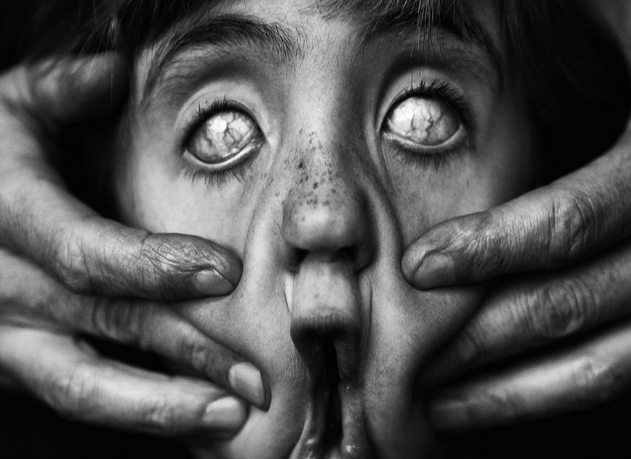


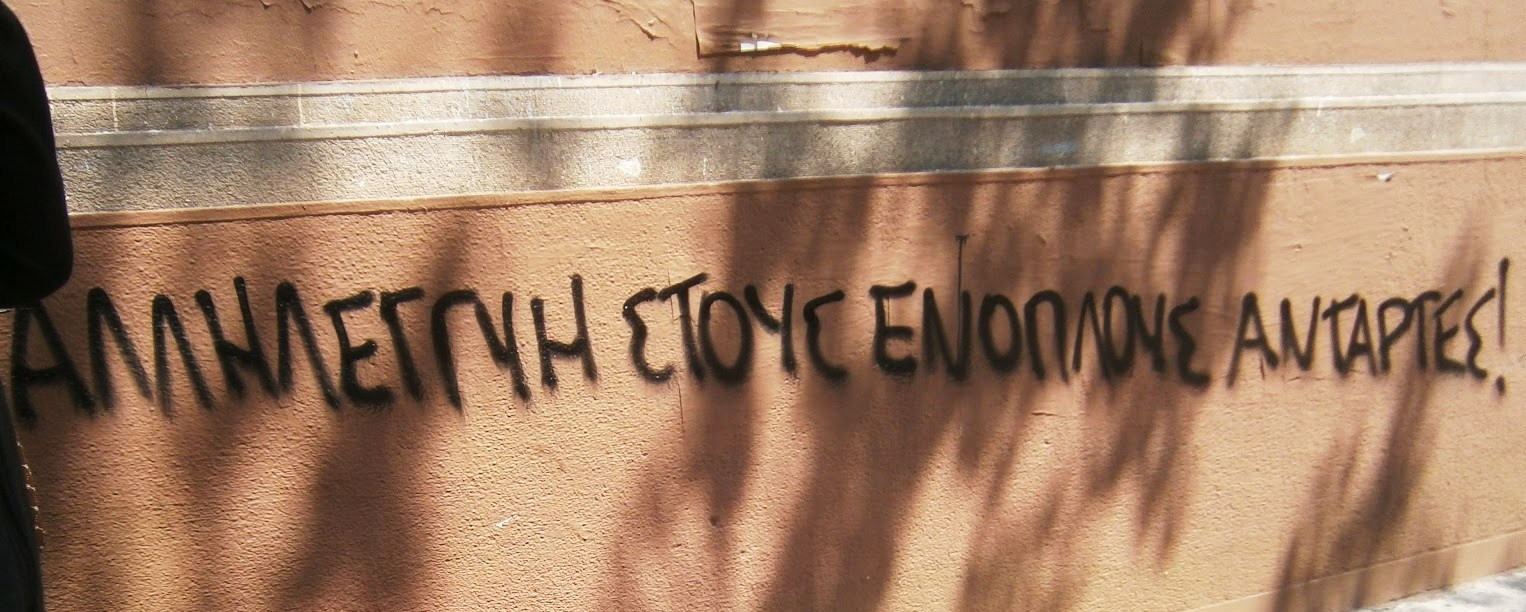

![Eurorepressione - Sulla conferenza a Den Haag sul tema "Anarchia" [corretto]](http://25.media.tumblr.com/tumblr_m0jvngOXtY1qa2163o1_1280.jpg)
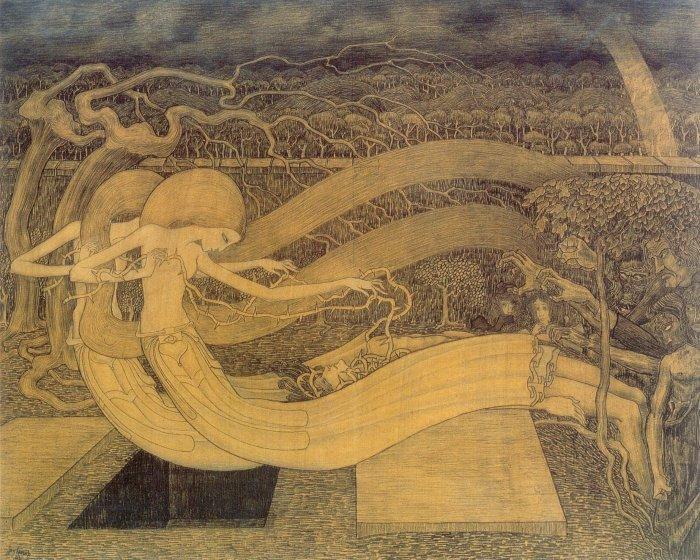
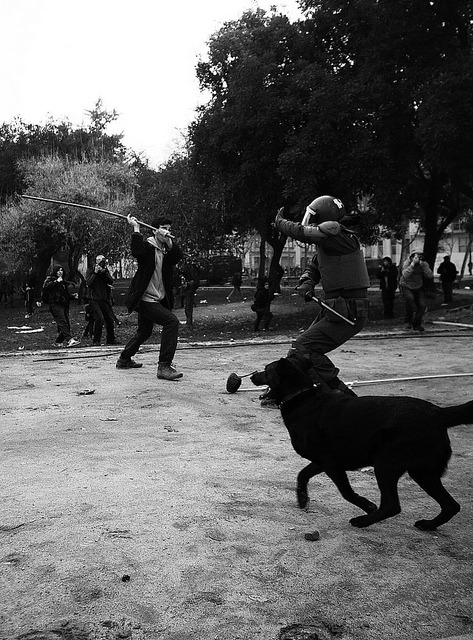
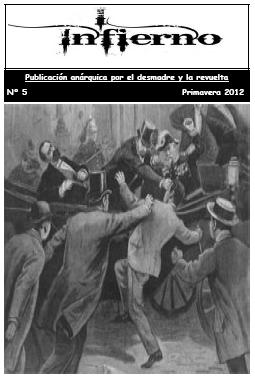
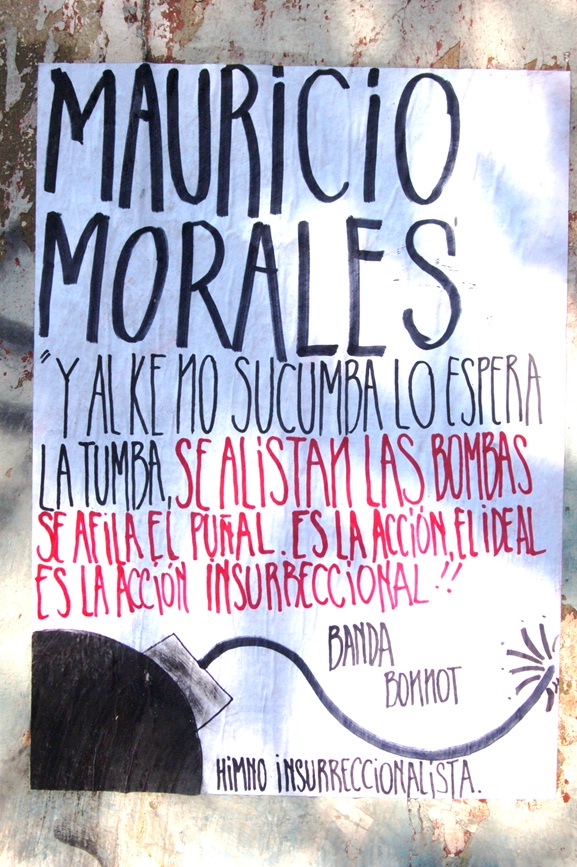
![A tres años de la Partida de Mauricio Morales: De la Memoria a la Calle [Stgo.]](http://metiendoruido.com/wp-content/uploads/2012/05/mmacividad.jpg)

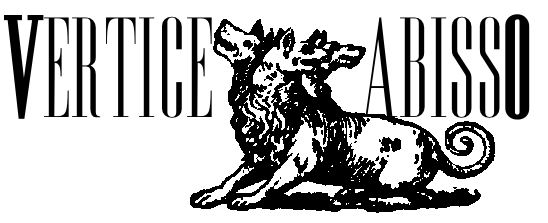



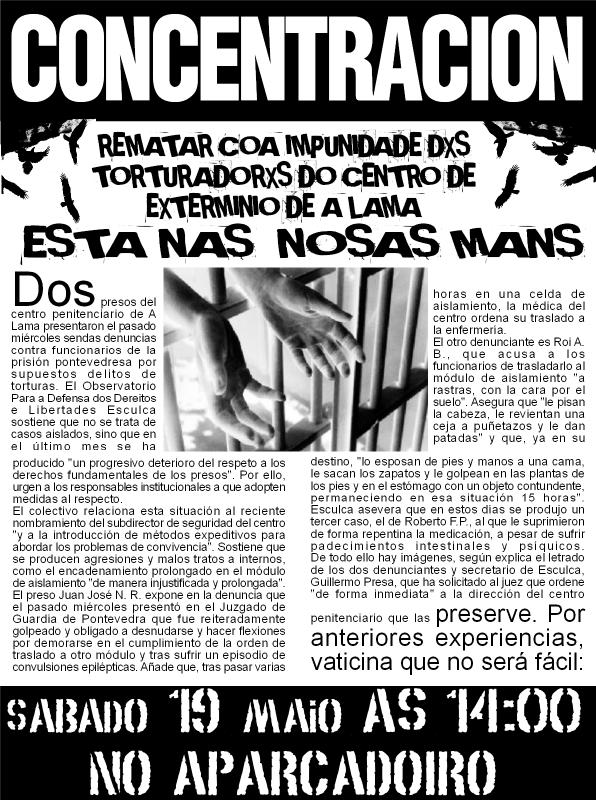

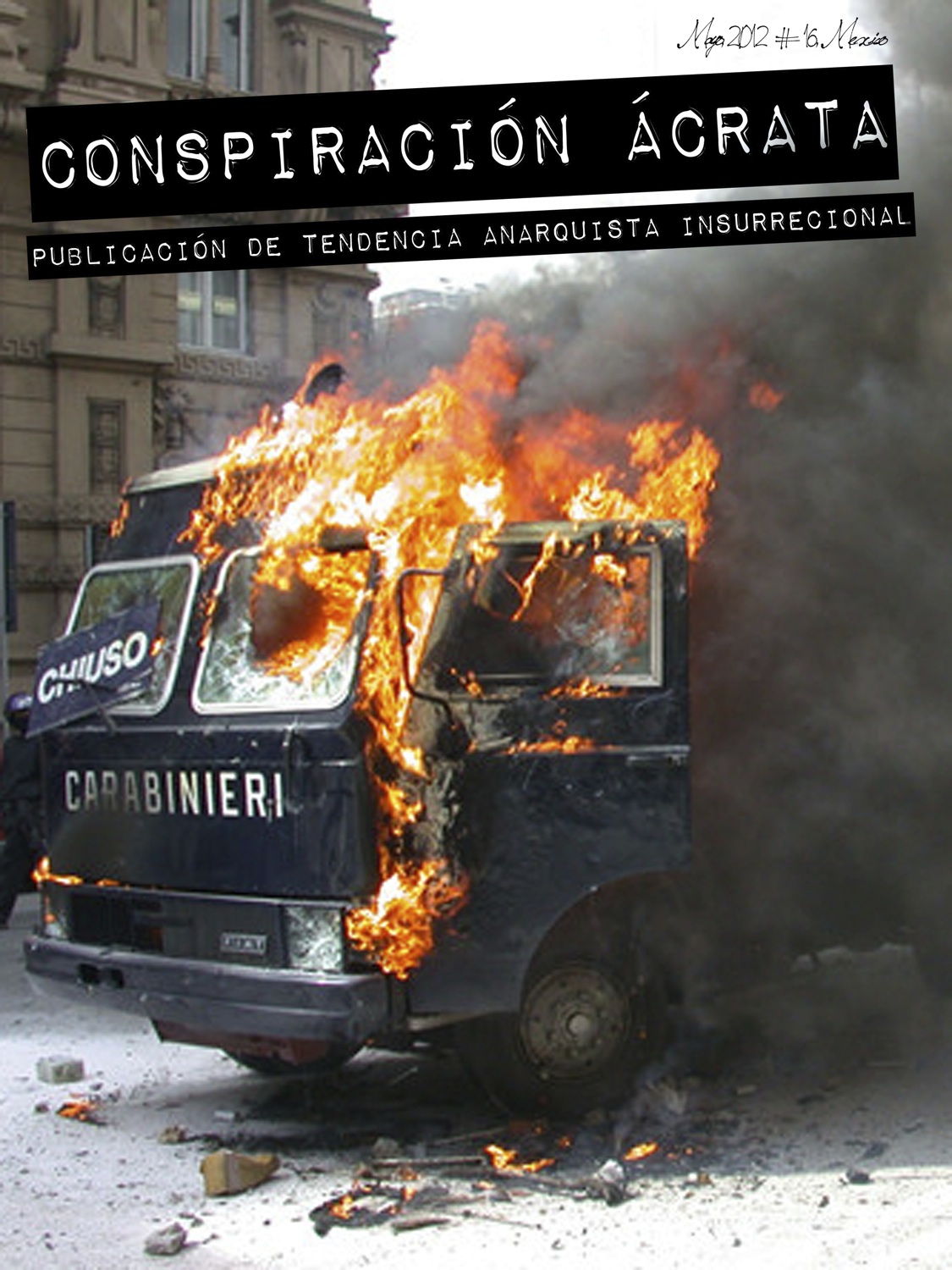

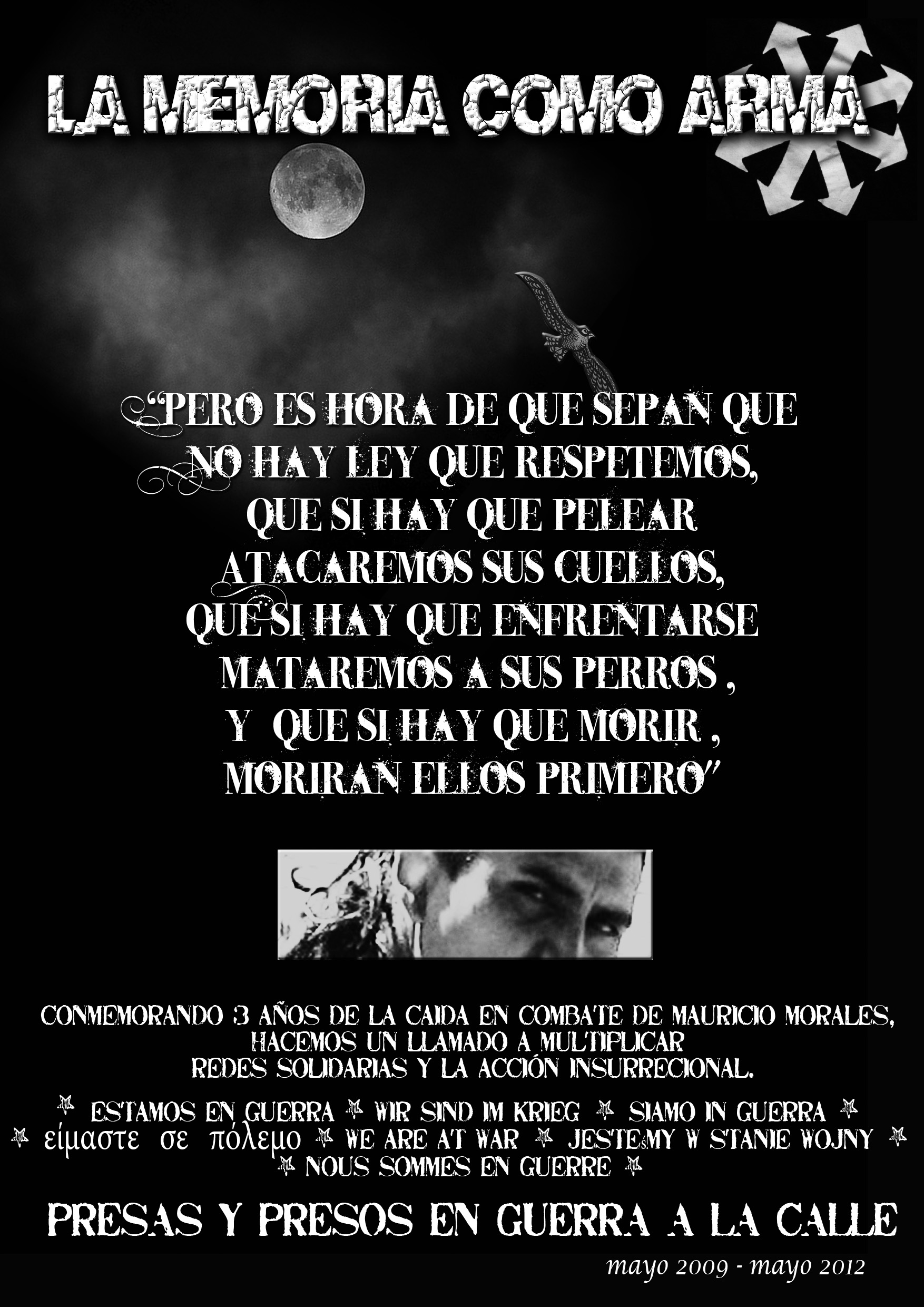
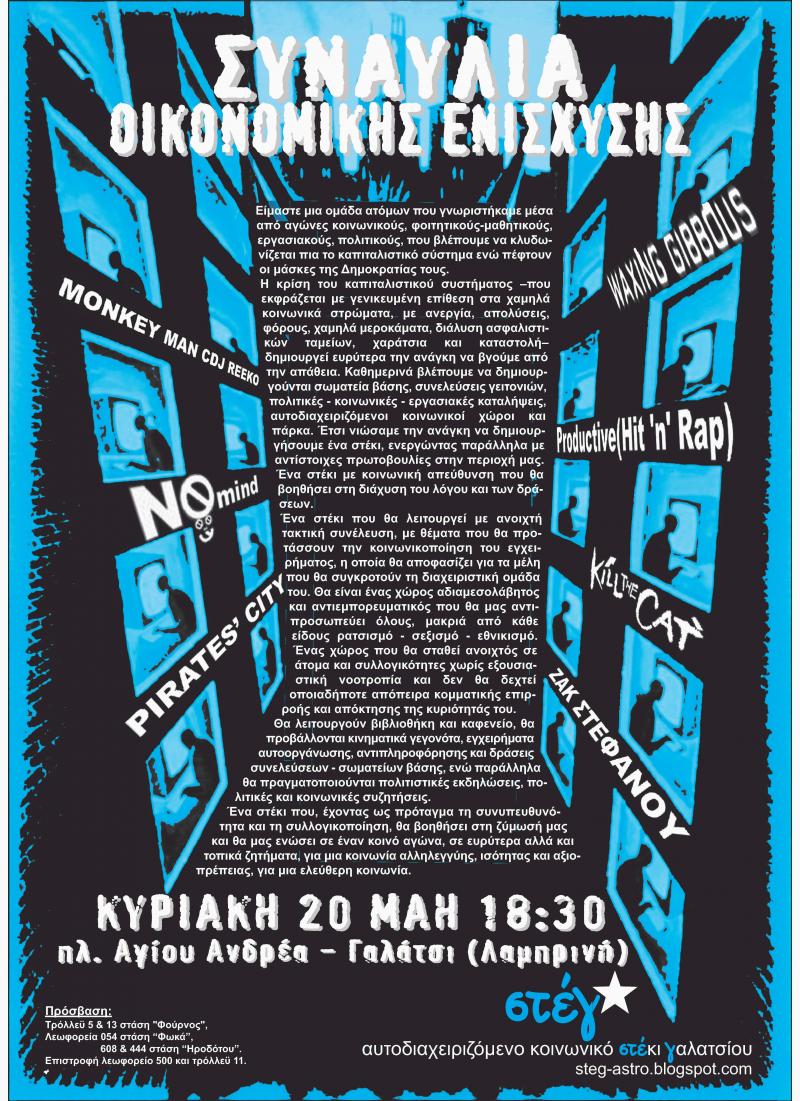








Nessun commento:
Posta un commento